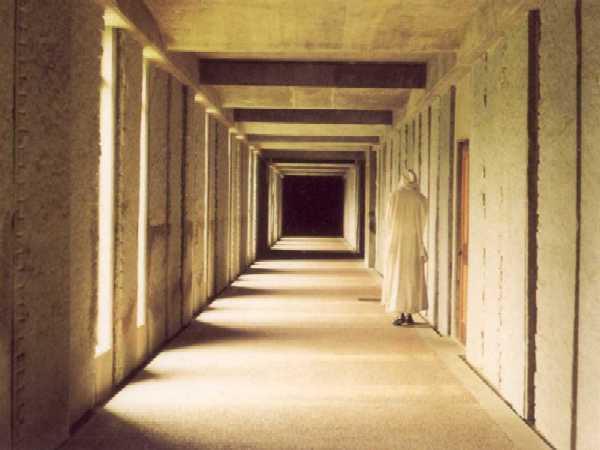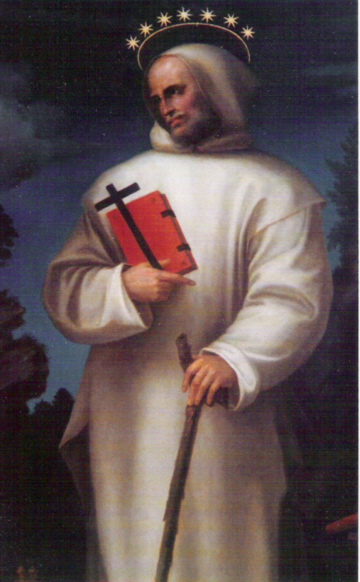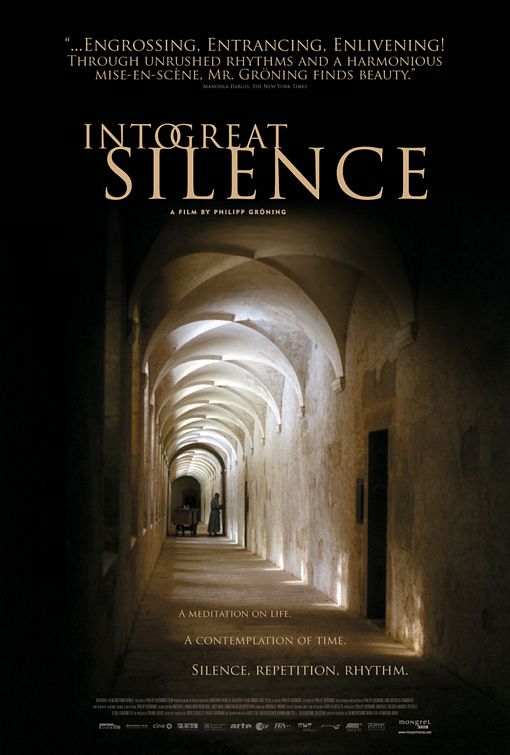I learned his story through a book by a Trappist monk, and Blessed Joseph is a model for me to believe in the impossible, for with God nothing is impossible (Luke 1:37)
I got the following from the
Vatican website (emphasis is mine). I hope you'll take time reading it (at least the bold parts) and may you be led to lead a simpler and submissive life.
Joseph-Marie Cassant was born on the 6th of March, 1878, at Casseneuil, Lot-et-Garonne, in the diocese of Agen, France, into a family of orchard-keepers. The second child born to the family, he had an elder brother already nine years of age. He was a lodger at the boarding school of the La Salle Brothers in Casseneuil itself, and it was there that his poor memory began to cause him difficulty in studying.
He received a solid Christian education at home and at school, and little by little the deep desire to become a priest grew within him. Father Filhol, the parish priest, thought well enough of the boy to help him with his studies, but his weak memory kept him from entering the minor seminary. When it became clear that he was drawn towards silence, recollection and prayer, Fr. Filhol suggested that he would think of the Trappists, and the young sixteen-year-old unhesitatingly agreed. After a trial period, Joseph entered the Cistercian Abbey of Sainte-Marie du Désert, in the diocese of Toulouse, France, on December 5, 1894 .
The Novice Master at the time was Fr. André Mallet, a man skilled at understanding the needs of souls and responding in love. From their very first meeting he showed this when he said to the young man, "Only trust and I will help you to love Jesus!" Nor were the other monks of the monastery slow to appreciate the newcomer: he neither argued nor grumbled but was ever happy, ever smiling.
The young monk would often meditate upon Jesus in his Passion and on the Cross, and so became deeply imbued with love for Christ. The "way of Jesus' heart" which Fr. André taught him is an unceasing call to live the present moment with patience, hope and love. Brother Joseph-Marie was well aware of his lacks and weaknesses, and so was led to depend more and more on Jesus, his strength. He had no interest in half measures but wished to give himself completely to Christ. His personal motto bears witness to this: "All for Jesus, all through Mary". On Ascension Thursday, 24th May 1900, he was admitted to final vows.
Then came his preparation for the priesthood. This he viewed primarily in relation to the Eucharist, which was truly to him the living presence of Jesus among us. The Eucharist is the Savior himself, wholly giving himself to men; his Heart is pierced on the Cross and then tenderly gathers in all those who trust in him. There were times during his theological studies when, because of his great sensitivity, he suffered much from the lack of understanding of the monk teaching the course. But, as in all his contradictions, he relied upon Christ present in the Eucharist as his "only good upon this earth" and confided his suffering to Fr. André who would cheer him up and help him better to understand. In the end, he did well enough to pass his examinations and had the great joy of being ordained a priest on October 12, 1902.
At that point it became clear that he had contracted tuberculosis and that the disease was already well advanced. The young priest spoke of his pains only when it was impossible to hide them further. How could he complain, he who meditated so lovingly on the Lord's Way of the Cross? In spite of a seven weeks' stay with his family which he undertook at his abbot's request, his health continued to deteriorate. He then returned to the monastery, where he was soon sent to stay in the infirmary. Here was one more opportunity to offer up his sufferings for Christ and the Church: his physical pain became more and more unbearable, and was even worsened by the infirmarian's neglect. Fr. André continued to accompany him and became more than ever his constant aid and support. He had said, "When I can no longer say Mass, Jesus can take me from this world." Early in the morning of the 17th of June 1903, Father Joseph-Marie received communion and left this world to be with Christ Jesus for ever.
On the 9th of June 1984, the Holy Father, John Paul II, acknowledged his heroic virtues.
The sheer ordinariness of his life has been noted by some: 16 quiet years at Casseneuil and 9 years of monastic enclosure spent in doing the simplest of things: prayer, studies, work. They are indeed simple things, but lived in an extraordinary way. They were the slightest of deeds, but performed with limitless generosity. Christ imbued his mind, clear as the water that leaps from a spring, with the conviction that God alone is our true and highest happiness and that his kingdom is like a hidden treasure or a pearl of great price.
The message of Fr. Joseph-Marie has great meaning for us today. In a world filled with distrust and often with despair but thirsting for love and kindness, his life can provide an answer, and in a special way to today's young who seek meaning in their lives. Joseph-Marie was a youth without any standing or worth in the eyes of men. He owed the success of his life to a meeting with Jesus that redefined his very existence. He showed himself a follower of the Lord in the midst of a community of brothers, with the guidance of a spiritual father, who was to him a witness of Christ as well as one who knew to receive and to understand him.
For the meek and humble he is a superb example. Watching Joseph-Marie, we learn how to live each day for Christ with love, zeal and fidelity, accepting at the same time the help of an experienced brother or sister who can lead us in the footsteps of Jesus.
 I read the copy of the Carthusian Statutes. I printed a copy (please tell me if it's illegal, I'm ready to burn my copy if it is) after joining the International Fellowship of St Bruno almost two years ago. The first time I read it, I didn't understand it. I was like a preschooler trying to understand the Summa Theologica. So the copy stayed at my shelf until I took it out again last Monday. Now I am slowly understanding what I am reading. I am not done reading yet, I am slowly chewing every word of the Statutes.
I read the copy of the Carthusian Statutes. I printed a copy (please tell me if it's illegal, I'm ready to burn my copy if it is) after joining the International Fellowship of St Bruno almost two years ago. The first time I read it, I didn't understand it. I was like a preschooler trying to understand the Summa Theologica. So the copy stayed at my shelf until I took it out again last Monday. Now I am slowly understanding what I am reading. I am not done reading yet, I am slowly chewing every word of the Statutes.


